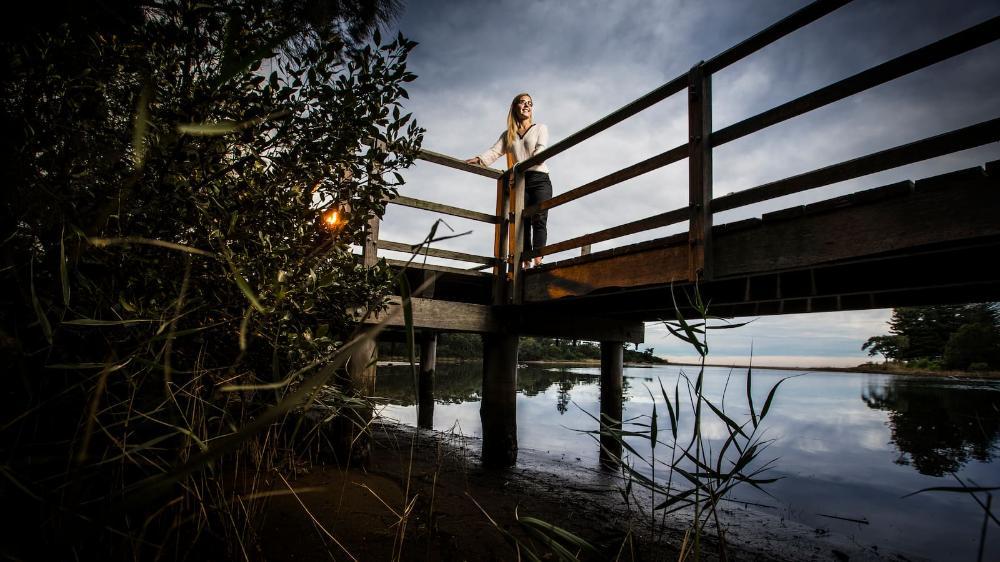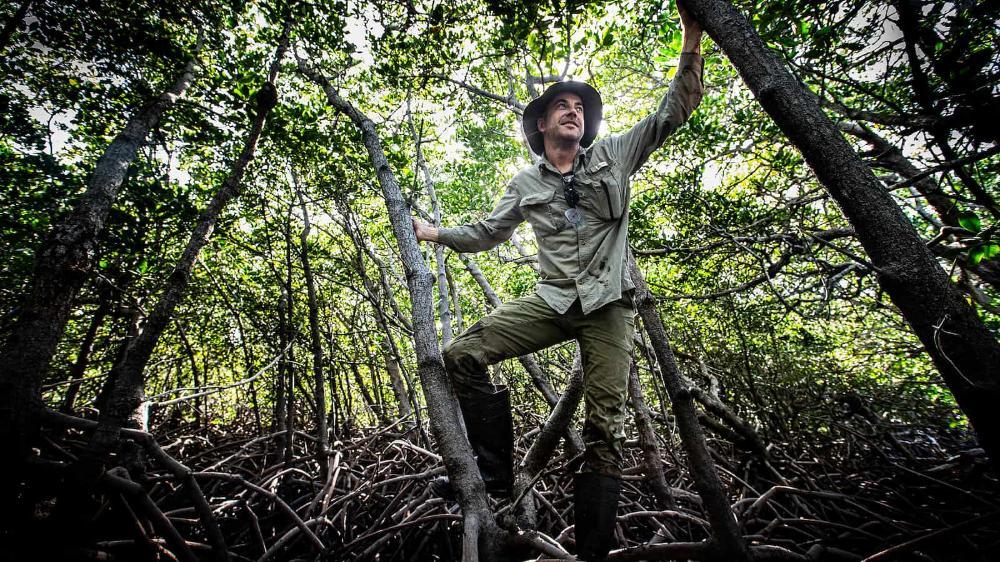UOW researchers part of interdisciplinary project that focuses on future of coastline ecosystems in wake of global warming
The University of Wollongong's (UOW) Professor Kerrylee Rogers and Dr Jeff Kelleway have been announced (Thursday 31 July) as Australian Museum Eureka Prizes finalists for their game-changing research on the impact of global warming on critical coastal habitats.
The UOW scientists are key members of Crosscurrents, a research team led by Professor Neil Saintilan at Macquarie University, that has brought a fresh perspective to a crucial question: how will coastlines around the world – and the ecosystems we depend on – weather rising sea levels? The team are shortlisted for the Eureka Prize for Interdisciplinary Research.
"Our research is at the global forefront of this issue. After more than two decades studying coastal ecosystems, I've seen firsthand how resilient these habitats can be, but that resilience has limits. We're facing a critical moment for our planet's future and it is essential that we draw attention to the importance of protecting our coastal ecosystems," said Professor Rogers, Director of UOW's Environmental Futures Research Centre.

Crosscurrents broke new ground by bringing together physical oceanographers, who model changes in sea levels, and ecohydrologists, who measure how coastal habitats respond. Combining computer modelling with real-world data, they uncovered how coastal ecosystems have responded to rising seas in the past, how they're adapting today, and how they will most likely respond in the future.
They found that the Paris Agreement climate targets are essential for keeping coastal habitats alive and protecting shorelines from increasingly fierce storms. Their research forms the centrepiece of Intergovernmental Panel on Climate Change reporting, guiding decision-makers on how to safeguard both vital ecosystems and coastal communities for generations to come.

"We risk losing so much more than beautiful landscapes. These ecosystems provide us with natural coastal defenses, carbon storage, vibrant fisheries, critical wildlife habitats, and support activities like tourism. Urgent action on climate change is essential if we want to preserve these invaluable benefits for future generations."
The Australian Museum Eureka Prizes recognise and celebrate outstanding achievements in scientific research, innovation, and communication. The winners will be announced during the Eureka Prize award ceremony in Sydney in September.






